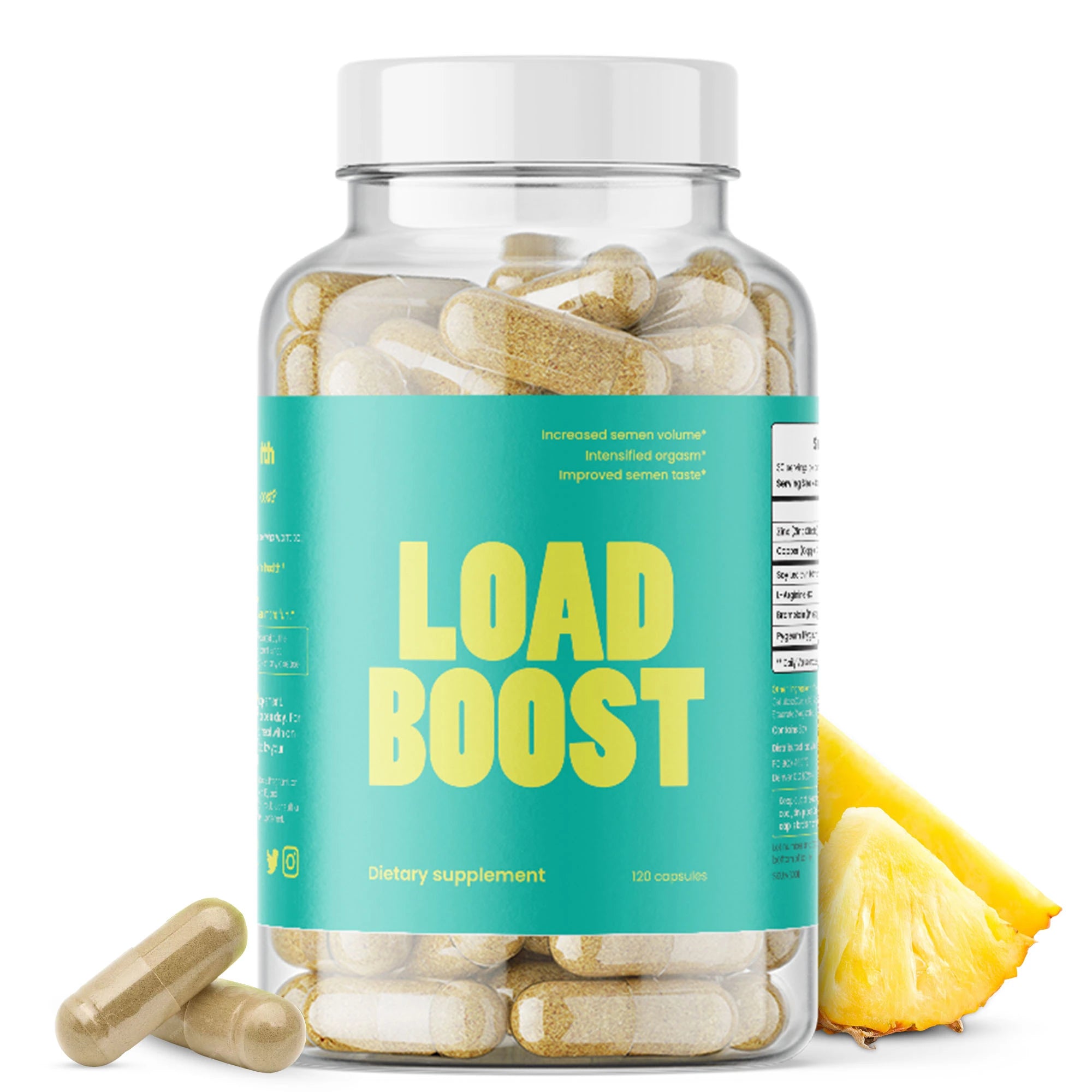Concussions, a type of mild traumatic brain injury (TBI), have gained significant attention in recent years, particularly in sports and military settings. According to the Centers for Disease Control and Prevention (CDC), approximately 3.8 million sports-related concussions occur in the United States each year. However, concussions also result from falls, car accidents, and everyday mishaps, affecting people of all ages.
The challenge with concussions is that no two injuries are exactly the same. Symptoms can range from headaches and dizziness to memory problems, sleep disturbances, and mood changes. Historically, the go-to treatment was strict physical and cognitive rest, often referred to as "cocoon therapy" — where patients were told to avoid screens, exercise, and even reading. However, newer research suggests that too much rest might actually slow recovery, sparking a shift toward active rehabilitation that carefully balances rest with gradual re-engagement in physical and cognitive activities.
Rest, But Not Too Much: Balancing Activity During Recovery
Recent research has challenged the traditional "dark room" approach to concussion management. A 2016 study published in Pediatrics found that adolescents who followed a strict 5-day period of complete rest after a concussion actually reported more symptoms and slower recovery than those who resumed light physical and cognitive activities after 24-48 hours. This shift highlights the importance of early controlled activity as part of supportive therapy.
Current guidelines, such as those from the International Consensus on Concussion in Sport (2023), recommend a stepwise return-to-activity protocol, which starts with light aerobic exercise (like walking) and gradually progresses to more intense physical and cognitive tasks as symptoms improve. Studies have shown that aerobic exercise within the first week after injury is associated with faster symptom resolution and lower risk of prolonged post-concussion syndrome (Leddy et al., 2019).
For athletes, supervised return-to-play protocols are essential, requiring symptom-free progression at each stage. Non-athletes benefit from similar structured plans to return to work, school, and social activities at a pace tailored to their symptoms.
Vision, Vestibular, and Cognitive Rehabilitation
Since concussions often disrupt vision, balance, and cognition, targeted therapies have emerged as essential components of recovery. About 30-65% of concussed patients experience vestibular dysfunction—dizziness, balance problems, or vertigo (Master et al., 2018). For these patients, vestibular therapy, which includes exercises to retrain balance and eye movement coordination, can cut recovery time by nearly 50%, according to a 2017 study in The American Journal of Sports Medicine.
Similarly, vision therapy can be beneficial for patients with blurry vision, difficulty tracking objects, or eye strain. These visual deficits, often overlooked in standard evaluations, can hinder reading and screen use—key components of work and school. In fact, visual symptoms are present in up to 70% of concussed children (Master et al., 2016).
For those experiencing cognitive difficulties, cognitive behavioral therapy (CBT) can help manage the anxiety and mood changes that often accompany concussion. Some clinics also offer neurocognitive rehabilitation, which uses computer-based programs to retrain attention, memory, and processing speed. While evidence for cognitive training is still evolving, multidisciplinary care that combines physical, cognitive, and emotional support appears to improve outcomes more than any single therapy alone (Schneider et al., 2014).
Nutrition, Sleep, and Lifestyle
While therapy and medical management play central roles in concussion recovery, lifestyle factors such as nutrition and sleep hygiene are equally important. Inflammation is a key driver of post-concussion symptoms, and emerging research suggests that omega-3 fatty acids, found in fish oil, may help reduce neuroinflammation and support brain healing (Barrett et al., 2014). Some concussion specialists recommend anti-inflammatory diets, rich in fruits, vegetables, and healthy fats, to support recovery. Avoiding food dyes and processed foods could also yield positive results.
Sleep disturbances affect up to 70% of concussion patients (Cao et al., 2019), and poor sleep can exacerbate cognitive and emotional symptoms. Concussion clinics increasingly incorporate sleep coaching, addressing sleep hygiene, stress reduction, and, if necessary, short-term use of sleep aids.
Lastly, mental health support is crucial, as depression, anxiety, and post-traumatic stress disorder (PTSD) are more common in individuals recovering from concussions than in the general population. Mindfulness meditation, counseling, and peer support groups can help patients navigate the often unpredictable and frustrating recovery journey.
Sources:
- Leddy JJ, Haider MN, Ellis MJ, et al. (2019). Early Subthreshold Aerobic Exercise for Sport-Related Concussion: A Randomized Clinical Trial. JAMA Pediatrics, 173(4), 319-325.
- Master CL, Master SR, Wiebe DJ, et al. (2018). Vision and Vestibular System Dysfunction Predicts Prolonged Concussion Recovery in Children. Clinical Journal of Sport Medicine, 28(2), 139-145.
- Schneider KJ, Meeuwisse WH, Nettel-Aguirre A, et al. (2014). Cervicovestibular Rehabilitation in Sport-Related Concussion: A Randomized Controlled Trial. British Journal of Sports Medicine, 48(17), 1294-1298.
- Barrett EC, McBurney MI, Ciappio ED. (2014). Omega-3 Fatty Acid Supplementation as a Potential Therapeutic Aid for the Recovery from Mild Traumatic Brain Injury/Concussion. Advances in Nutrition, 5(3), 268-277.
- Cao J, Lu Y, Dong L, et al. (2019). Sleep Disturbance After Mild Traumatic Brain Injury: A Systematic Review of Objective Research. Sleep Medicine, 64, 45-52.
- https://pmc.ncbi.nlm.nih.gov/articles/PMC3021720/
- https://pmc.ncbi.nlm.nih.gov/articles/PMC3735746/




